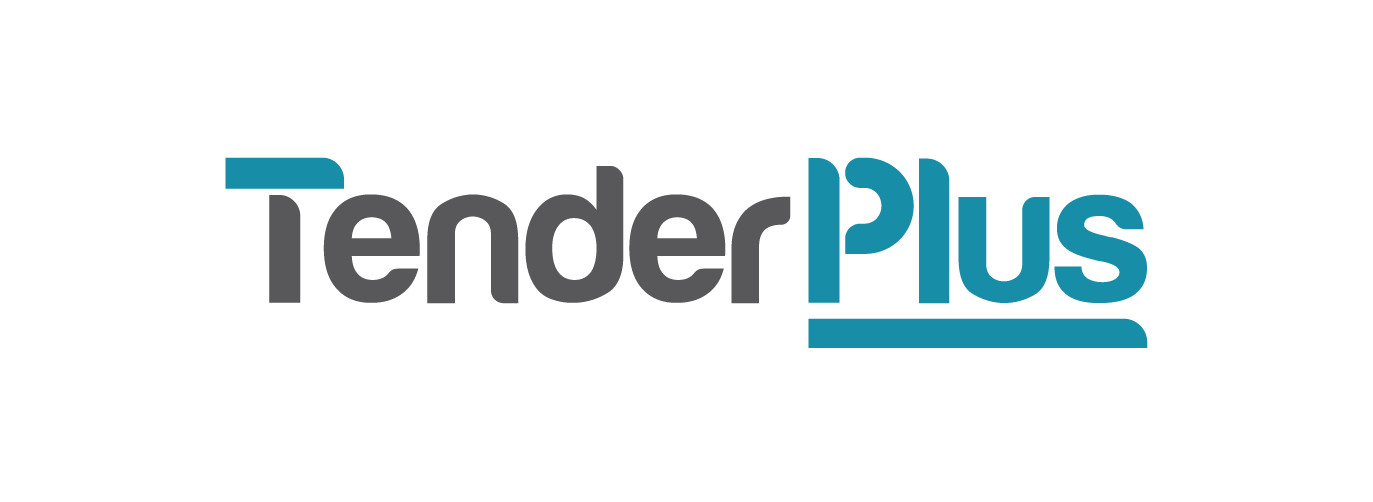5 tender management strategies to avoid burnout on a tender
By Zoe Webber, Tender Specialist, Brisbane
With procurement timelines and requirements becoming more demanding, it can be difficult to manage priorities and prevent burnout in your teams. Not only can burnout severely impact the tender if people feel stressed and overburdened by their workload, but it is highly dangerous to the mental health and wellbeing of your project team, which can negatively impact team morale and productivity.
To avoid fatigue on bids, here are 5 tender management strategies to employ in your tender team:
1. Ensure resources aren’t overcommitted
It is important to establish balanced roles and responsibilities early in the tender planning process and identify potential resourcing constraints over the lifecycle of the tender. This involves flagging what other bids may be in the pipeline that could overload resources or when key SMEs or tender writers may have leave scheduled.
If there is a particular period where you may have a resourcing gap for particular schedules and deliverables, it may be necessary to bring on additional tender support from within your organisation or externally to help out the team during these times, especially if they fall around review and submission dates.
2. Celebrate the small wins
Establishing a recognition and reward process can make a great difference in empowering teams.
On a recent bid, Tender Plus created a weekly gold star award, recognising when people go above and beyond to progress and elevate the tender submission. Not only is this a fun way to encourage productivity and team camaraderie, but can make an often strenuous process fun, rewarding and engaging.
3. Set realistic milestones
Setting realistic milestones and review dates, particularly on bids with long timelines, can make a huge difference in how your team works towards a goal and their attitude towards a bid. For example, scheduling a review date the day after a public holiday or first thing Monday morning means that your team will likely forsake their days off to get the tender across the line, which could severely affect how your team views the project and is not conducive to positive outcomes.
Instead, look to evenly spread milestones across the bid timeline and encourage your teams to flag any potential conflicts they may have with deadlines as early as possible.
4. Evaluate team priorities
You should periodically check in with your teams to understand their capacity, workload and where they are focusing their efforts. Tender writers and coordinators are usually perfectionists, and at times we can become fixated on certain elements of a bid that may not be adding the most value.
It’s important to ensure that teams are prioritising tasks in line with the project goals and make sure efforts are strategically focused on areas that offer the best outcomes, and not being wasted on less important tasks.
5. Lastly, but perhaps most importantly, prioritise self-care and support in your teams
It is extremely important to encourage team members to prioritise their mental health and wellbeing throughout the entirety of the tender. Stress is proven to lead to low morale and high absenteeism, and more often than not, can lead to poor productivity and work quality.
Advocate for regular breaks throughout the bid, stepping away from your desk for lunch and prioritising important personal commitments over work. Having a refreshed outlook can usually help to gain clarity when bids become demanding and alleviate the stress your team takes home at the end of the day.
When bids become stressful, it is important not to panic. We hope that these 5 simple tender management strategies can help take some of the pressure off your project teams and avoid potential burnout.
